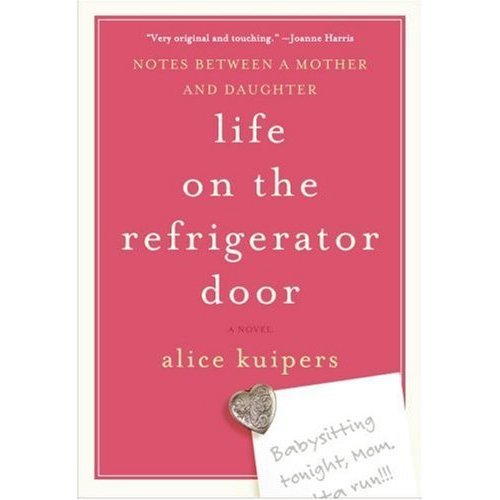In today’s Publetariat Dispatch, Publetariat offers a roundup of news and commentary about the Borders liquidation from around the web.
There’s analysis, punditry and post-mortems aplenty where the failure of Borders is concerned.
This Slate piece asserts Borders died primarily of self-inflicted wounds its competitors have avoided. From the article:
Other companies have adapted to the e-reader revolution, and even benefited from it. Other companies have changed to fit the new bookselling paradigm. And other companies are dealing with the drawn-out aftereffects of the recession. The better reason for its demise is that Borders had long lost its competitive edge on many fronts, from corporate strategy to coffee. It died by a thousand—OK, maybe just four or five—self-inflicted paper cuts.
The Wall Street Journal quotes numerous customers of the chain’s "#1 Store" in Ann Arbor, Michigan, and while all of those customers are disappointed, none are surprised.
The Atlantic takes a broader view in its article, Books, Borders and Beyond: How Digital Tech Is Changing Retail:
Forbes wonders, Does a Failed Borders Presage a Doomed Bookstore Business?
“As Borders expires, new enterprises will evolve to take book retailing’s place,” wrote Gene Hoffman, one-time president of The Kroger Co. and former chairman and president of Supervalu. “Those new enterprises won’t be conventional book retailers but companies that are on the leading edge of what current customers are responding to.”
National Public Radio raises a question about other possible consequences of the Borders failure in its article, When Borders Closes, Do Doors Slam Shut In Classical Music?
Borders’ buying patterns also made for fan frustrations, Goiffon asserts. "For years," he notes, "we pushed in vain to get them to target buying geographically: Instead of sending most of their stock to the biggest markets for classical music, such as New York, they’d send four or five copies of each title to every single store they had — so New York would sell out and be stuck, while all those other copies languished in other stores around the country."
So if you were in one of the main U.S. classical music markets, like Manhattan or San Francisco, you might never see a label’s biggest releases as you flipped through the bins. For many classical music listeners, browsing is still an important pathway to musical discovery, one that many online sellers haven’t managed to duplicate. And lots of people still prefer physical CDs to downloads. (And classical music metadata is still the beast to be tamed.) The Borders experience left a lot to be desired, for sure, but you could walk into one of their stores and know that you’d see classical music there.
Finally, and most depressingly, The Detroit News looks at the effects Borders’ failure will have on local and national economies and unemployment rates:
Borders workers will be hurt because retail employment has stalled and it could be difficult to find a new job, says John Challenger, chief executive at Challenger, Gray & Christmas, a Chicago job outplacement consulting firm.
Borders will lose its 10,700 employees nationwide, which represent just less than 0.1 percent of the country’s roughly 14.5 million retail workers, Challenger said.
"That’s a big loss of jobs," Challenger said. "We haven’t seen five-figure mega-layoffs in a while."
It takes a retail worker three to four months on average to find another job in the sector, he said.














